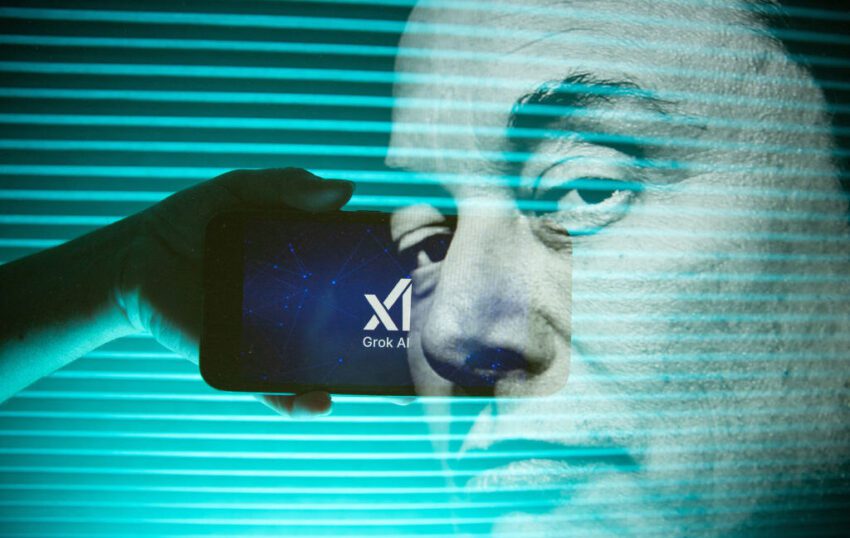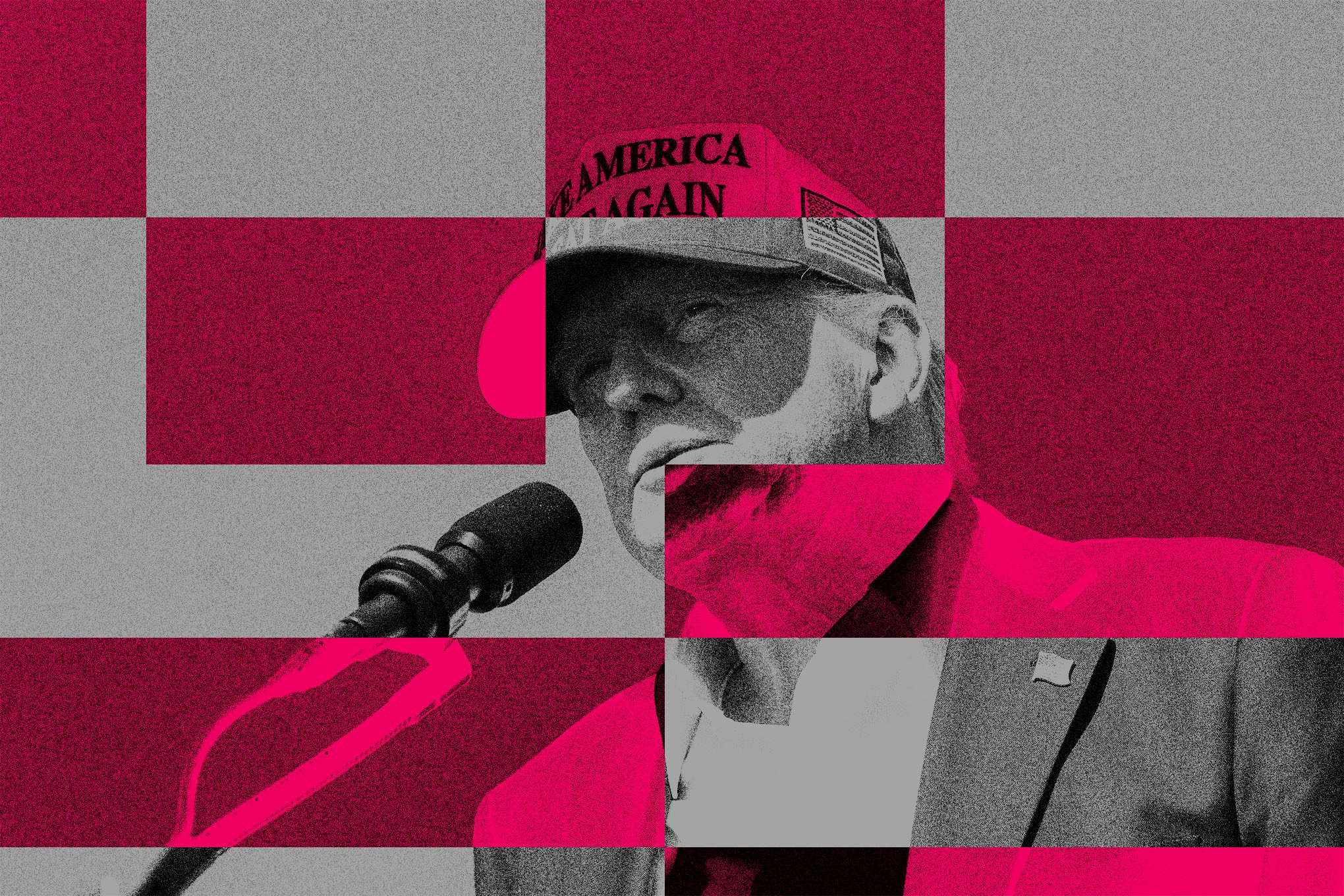
openai mocks musk s math in suit OpenAI and Apple are pushing back against a lawsuit filed by Elon Musk’s xAI, which claims that the integration of ChatGPT into various iPhone features violates antitrust laws.
openai mocks musk s math in suit
Background of the Lawsuit
The lawsuit, filed in August 2025, stems from Musk’s frustrations expressed on the social media platform X, where he criticized Apple for not including his AI chatbot, Grok, on its curated list of “Must Have” apps. This list frequently features ChatGPT, which Musk argues gives OpenAI an unfair advantage in the competitive landscape of AI-driven applications.
Musk’s contention is that by linking ChatGPT to Siri and other native iPhone functionalities, Apple has effectively provided OpenAI with exclusive access to a vast number of user prompts. These prompts, Musk argues, are crucial data points that OpenAI can leverage to enhance its machine learning algorithms and maintain its dominance in the chatbot market. Musk’s xAI alleges that this integration not only violates antitrust laws but also creates a monopoly-like situation that stifles competition.
Key Allegations in the Lawsuit
The core allegations of the lawsuit revolve around the following points:
- Monopolistic Practices: Musk claims that the integration of ChatGPT into iPhone features gives OpenAI a monopoly on prompts, which are essential for training AI models.
- Antitrust Violations: The lawsuit alleges that this integration violates antitrust laws by creating an unfair competitive advantage for OpenAI and limiting opportunities for other AI developers, including Musk’s own Grok.
- Impact on Innovation: Musk argues that this monopolistic behavior could hinder innovation in the AI space, as new entrants may find it difficult to compete against a well-established player like OpenAI.
OpenAI and Apple’s Response
In response to the lawsuit, both OpenAI and Apple have moved to dismiss the claims, asserting that Musk’s arguments lack merit. Their court filings include a pointed critique of Musk’s mathematical reasoning, suggesting that his calculations and assumptions about the market dynamics are fundamentally flawed.
Mocking Musk’s Math
OpenAI and Apple have taken a somewhat humorous approach in their legal response, mocking Musk’s math as “simplistic” and “misleading.” They argue that the claims of monopolistic practices do not hold up under scrutiny, as the AI landscape is characterized by rapid innovation and competition. They contend that the integration of ChatGPT into iPhone features does not prevent other developers from creating competitive products.
OpenAI’s legal team emphasizes that the chatbot market is not a zero-sum game. They argue that the presence of ChatGPT on iPhones does not inherently block other AI applications from gaining traction. Instead, they assert that the market is large enough to accommodate multiple players, and that competition can thrive alongside established technologies.
Implications of the Lawsuit
The outcome of this lawsuit could have significant implications for the AI industry and the broader tech landscape. If Musk’s claims are upheld, it could set a precedent for how tech companies integrate AI technologies into their platforms. This could lead to increased scrutiny of partnerships between major tech firms and AI developers, potentially stifling innovation and collaboration.
Potential Consequences for OpenAI
For OpenAI, a ruling in favor of Musk could necessitate changes in how they approach partnerships with companies like Apple. It could also lead to increased regulatory oversight of their business practices, which may hinder their ability to innovate and expand their offerings. The company has positioned itself as a leader in AI development, and any legal setbacks could impact its reputation and market share.
Impact on Competition
On the other hand, a dismissal of Musk’s lawsuit would reinforce the current state of competition in the AI market. It would affirm that established players like OpenAI can coexist with emerging technologies without violating antitrust laws. This could encourage further investment in AI startups and foster a more vibrant ecosystem for innovation.
Stakeholder Reactions
The reactions to this lawsuit have been mixed among stakeholders in the tech industry. Some industry experts support Musk’s claims, arguing that the integration of ChatGPT into iPhone features could indeed create barriers for new entrants. They caution that allowing such monopolistic practices could stifle competition and innovation in the long run.
Conversely, many analysts believe that the lawsuit is more of a publicity stunt than a legitimate legal challenge. They argue that Musk’s motivations may be driven by personal grievances rather than a genuine concern for market fairness. This perspective suggests that Musk’s frustrations with Apple could be clouding his judgment regarding the competitive dynamics of the AI market.
The Broader Context of AI and Antitrust
The intersection of AI and antitrust law is an increasingly relevant topic in today’s tech landscape. As AI technologies become more integrated into everyday applications, concerns about monopolistic behavior and market dominance are rising. Regulators around the world are beginning to take a closer look at how tech giants operate, particularly in relation to emerging technologies like AI.
In the United States, the Federal Trade Commission (FTC) has been actively investigating potential antitrust violations in the tech sector. This scrutiny has led to heightened awareness of how companies leverage their market positions to stifle competition. The outcome of Musk’s lawsuit could contribute to this ongoing dialogue about the need for regulatory frameworks that address the unique challenges posed by AI technologies.
Future of AI Regulation
As the AI landscape continues to evolve, it is likely that regulatory bodies will implement new guidelines to ensure fair competition. This could involve stricter scrutiny of partnerships between tech giants and AI developers, as well as clearer definitions of what constitutes monopolistic behavior in the context of AI.
OpenAI and Apple’s legal battle may serve as a case study for future antitrust cases involving AI technologies. The legal arguments presented in this case could influence how courts interpret antitrust laws in relation to rapidly evolving technologies. As such, stakeholders in the tech industry are closely monitoring the developments in this lawsuit.
Conclusion
The ongoing legal dispute between OpenAI, Apple, and Musk’s xAI highlights the complexities of integrating AI technologies into mainstream applications. As the lawsuit unfolds, it will be essential to consider the broader implications for competition, innovation, and regulatory oversight in the tech industry. The outcome could shape the future landscape of AI development and influence how companies collaborate in this rapidly changing environment.
Source: Original report
Was this helpful?
Last Modified: October 2, 2025 at 3:36 am
0 views














